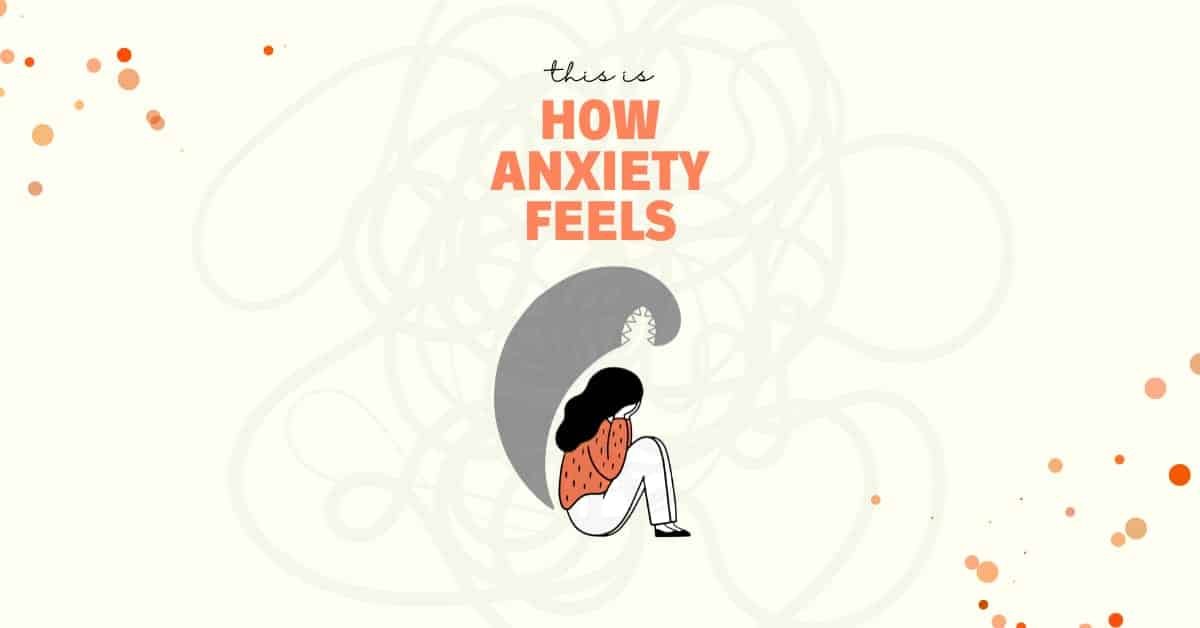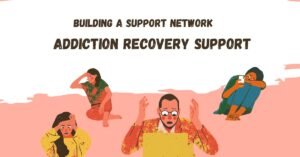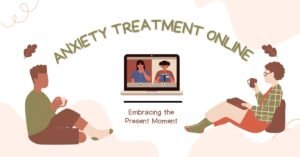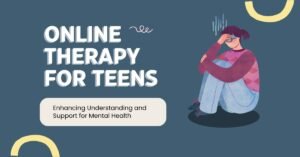Anxiety disorders explained can help many people understand what they are experiencing. Anxiety is a normal reaction to stress, but when it becomes overwhelming, it can lead to anxiety disorders. In this article, we will explore the signs and symptoms of anxiety disorders, focusing on common types like generalized anxiety disorder and panic attacks. We’ll also discuss coping strategies, therapy options, and how to find mental health support.
What Are Anxiety Disorders?
Anxiety disorders are a group of mental health conditions that cause excessive fear or worry. These feelings can be intense and may interfere with daily life. Understanding anxiety disorders explained is the first step in recognizing if you or someone you know might be affected.
Common Types of Anxiety Disorders
- Generalized Anxiety Disorder (GAD): People with GAD often feel anxious about everyday situations, even when there is no specific reason to worry. This persistent anxiety can lead to restlessness, fatigue, and difficulty concentrating.
- Panic Disorder: This disorder is characterized by unexpected panic attacks. A panic attack is a sudden surge of overwhelming fear or discomfort. Symptoms include a racing heart, sweating, shaking, and feelings of impending doom.
- Social Anxiety Disorder: Individuals with this disorder fear social situations and worry about being judged or embarrassed. This fear can make it challenging to attend events or engage with others.
- Specific Phobias: These involve intense fear of a specific object or situation, such as heights or spiders. The fear is often disproportionate to the actual danger posed.
Signs and Symptoms of Anxiety Disorders
Recognizing the signs of anxiety disorders is crucial. Some common symptoms include:
- Excessive Worry: Constantly worrying about different aspects of life, such as work or health.
- Physical Symptoms: This can include muscle tension, headaches, stomach issues, and fatigue.
- Restlessness: Feeling on edge or unable to relax.
- Irritability: Increased sensitivity and mood swings.
- Sleep Issues: Difficulty falling or staying asleep can be a significant problem.
Stress Triggers
Understanding what triggers anxiety is essential for managing it. Stress triggers vary from person to person. Common triggers can include:
- Work-related Stress: Deadlines, conflicts, and job pressure can increase anxiety levels.
- Relationship Issues: Conflicts with friends or family can lead to heightened anxiety.
- Life Changes: Events like moving, starting a new job, or going through a breakup can trigger anxiety.
- Health Concerns: Worries about physical health can increase feelings of anxiety.
Coping Strategies for Anxiety
While anxiety can feel overwhelming, there are coping strategies that can help manage symptoms:
- Practice Mindfulness: Engaging in mindfulness exercises can help ground you in the present moment and reduce anxiety.
- Breathing Techniques: Deep breathing exercises can calm the body and mind during anxious moments.
- Physical Activity: Regular exercise can reduce stress and improve mood.
- Limit Caffeine and Sugar: These can increase anxiety symptoms, so moderating intake can help.
- Talk About It: Sharing feelings with friends or family can provide relief and support.
Therapy Options for Anxiety Disorders
Therapy can be a crucial part of treating anxiety disorders. Here are some common therapy options:
- Cognitive Behavioral Therapy (CBT): CBT helps individuals recognize and change negative thought patterns that contribute to anxiety.
- Exposure Therapy: This type of therapy gradually exposes individuals to their fears in a controlled environment, helping them learn to cope.
- Group Therapy: Sharing experiences with others facing similar challenges can provide support and comfort.
- Medication: For some, medication prescribed by a healthcare professional can be beneficial in managing symptoms.
Finding Mental Health Support
If you or someone you know is struggling with anxiety, seeking mental health support is essential. Many resources are available:
- Therapists and Counselors: Professionals can offer personalized treatment plans tailored to individual needs.
- Support Groups: Joining a support group can connect you with others who understand what you’re going through.
- Online Resources: Websites, like Passages WV, offer information, resources, and support options for those dealing with anxiety.
Conclusion
Understanding anxiety disorders explained can empower individuals to seek help and find ways to cope. Recognizing the signs and symptoms, identifying stress triggers, and utilizing coping strategies can significantly improve quality of life. Therapy and mental health support play crucial roles in managing anxiety disorders.
At Passages WV, we provide resources and services to support those dealing with mental health challenges, including anxiety disorders. Remember, it’s essential to reach out for help if you need it.







